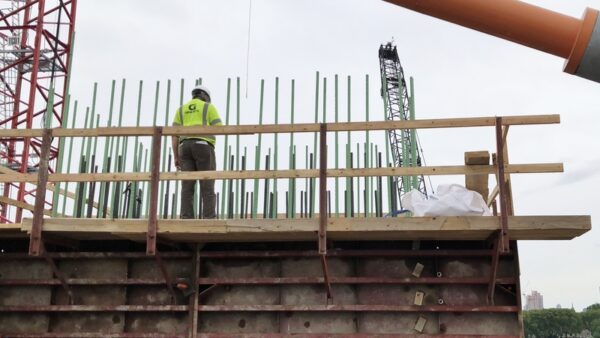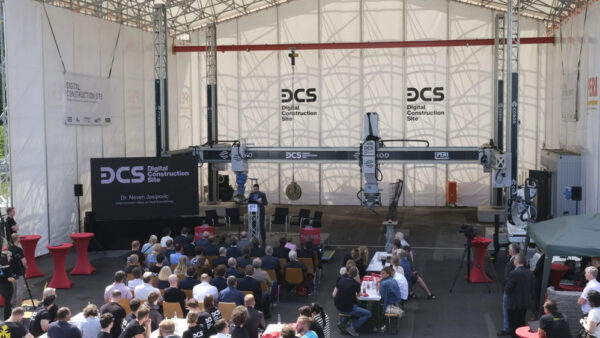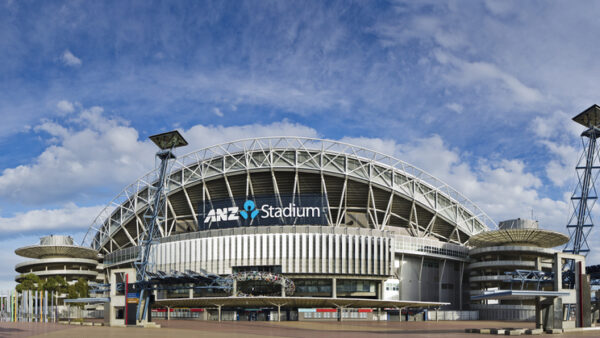Aluminium cladding should immediately be stripped off all UK tower blocks, hospitals, schools and hundreds of other buildings, UK body the National Housing Federation (NHF) has said.
Representing housing associations, the NHF said testing had now proven that the cladding was unsafe and it should be stopped now in favour of a national cladding removal scheme.
The demand came as Prime Minister Theresa May said yesterday that 120 tower blocks in 37 English authorities had failed fire safety tests that were initiated in response to the deadly Grenfell Tower blaze on 14 June, in which 80 people are now thought to have been killed.
The test failure rate was 100%, and May said a “major national investigation” into the use of cladding on high-rise towers should be set up.
“These tests were the right thing to do, but the results are now conclusive, aluminium composite material cladding simply does not pass these tests and is deemed unsafe,” said David Orr, chief executive of NHF.
“We are calling on government to halt the testing on ACM cladding and shift its focus to making people safe. It is highly likely that this means removing the cladding from hundreds of buildings we were assured were safe.
“This process has powerfully demonstrated a systemic failure in construction, manufacturing and the way that regulation has been applied.”
The BRE has been conducting the tests on behalf of the communities department to establish the flammability of external cladding on local authority tower blocks.
This process has powerfully demonstrated a systemic failure in construction, manufacturing and the way that regulation has been applied– David Orr, NHF
The tests are being carried out on buildings that are suspected of being clad with aluminium composite material (ACM) panels. ACM panels feature two thin aluminiumskins sandwiching a cheaper core material that gives the panel its rigidity and keeps costs down.
The panels used for the external rainscreen on Grenfell Tower were a product called Reynobond, which features a plastic core.
The cladding has been tested on 120 blocks, and results so far show a 100% failure rate. Up to 600 blocks could be tested.
Meanwhile, students have been moved from buildings at Nottingham Trent University after they were found to have the same cladding as the Grenfell Tower.
Three of seven blocks at Byron House student accommodation (pictured) have the Reynobond ACM PE panels.
The university and the building owners are working with the local fire service to decide the next course of action.
Image: Three of seven student accommodation blocks at Nottingham Trent University have the Reynobond ACM PE panels (Nottingham Trent University)
Comments
Comments are closed.







Negligence, Apathy, Corporate Anonymity, Government have brought this deplorable circumstance about.
The credence of our authorities and enforcement agencies is in tatters.
The Construction Industry has developed a massive bureaucratic certification system for its products and labour force…………..and yet this blatant disregard for the end user had been applied in a widespread,nonchalant & maverick style.
Let’s hear your voices now…….even if your “bleats” are to protect your untenable position; SHAMEFUL!
Having worked in fire safety for several years including introducing fire risk assessments and instigating millions of pounds of remedial work I am shock by fire risks indicated beside those posed by cladding. I think that while concerned about fire resistance of cladding I am concerned that there doesn’t seem to be any other options being put forward other than rip off the cladding. Would external drenchers be an option?
Meanwhile why was the cladding not taken off the market years ago and why was the manufacturer still allowed to sell.